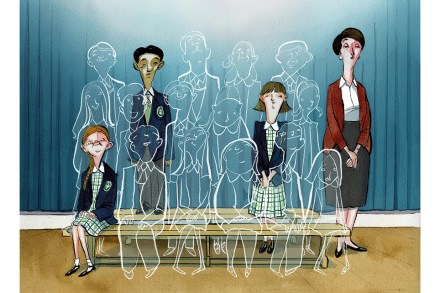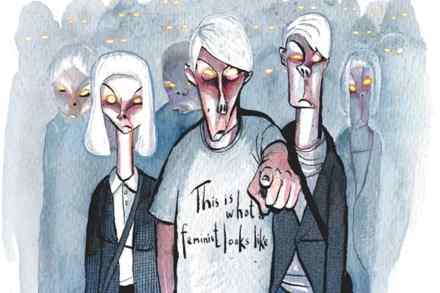The inconvenient truth about cannabis and mental illness
Mash’s older brother was the same age as Anthony Williams when he slaughtered a stranger in a brutal and random attack. He was in the grip of a psychotic disorder caused by cannabis. We do not yet know what drove Williams, a 32-year-old African Caribbean man, to allegedly try to murder ten people during a


















